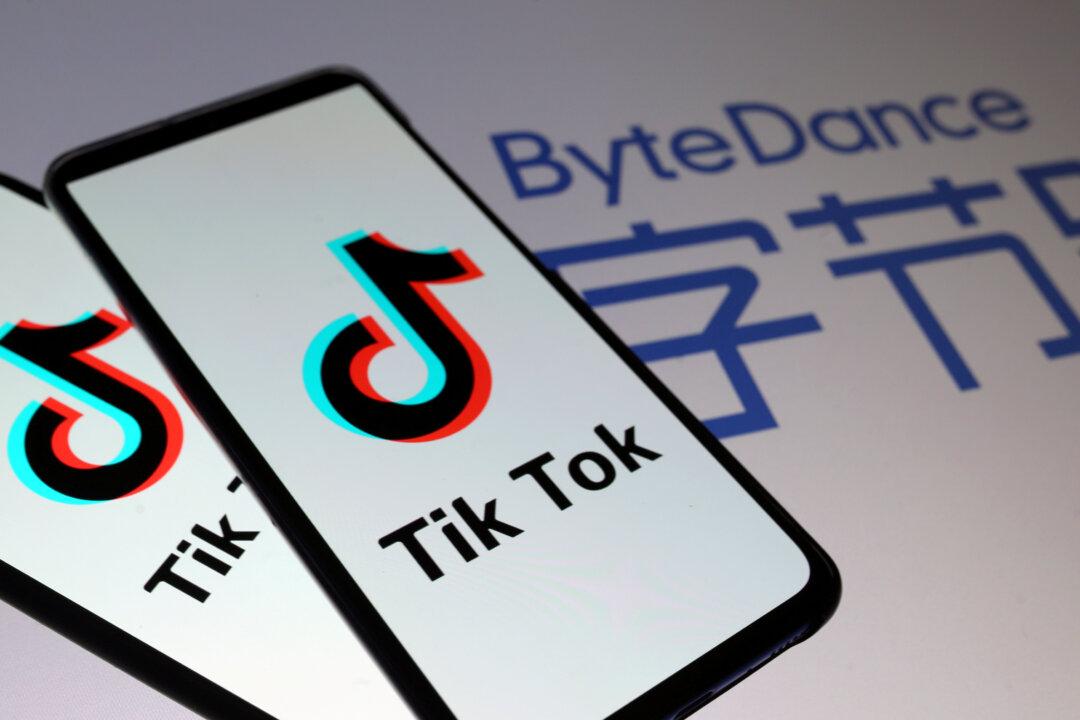More than 130 employees at ByteDance, the Chinese owner of video-sharing application TikTok, are part of a Chinese Communist Party (CCP) committee embedded in the company. Many of the employees work in management positions, an internal document reveals.
The extent of CCP membership among ByteDance management further demonstrates the company’s ties to the Chinese regime, fueling security concerns about TikTok.





